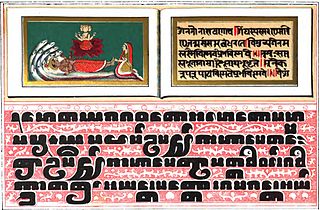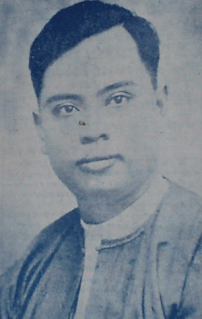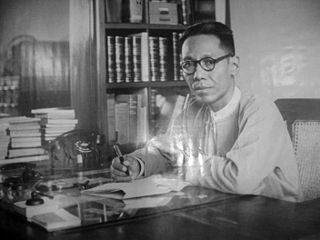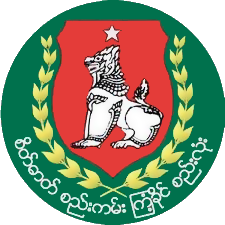| Formation | 1928–1942 |
|---|---|
| Type | Education |
| Headquarters | Rangoon, British Burma |
| Location | |
Founder | JS Furnivall |
The Burma Education Extension Association (Burmese : မြန်မာနိုင်ငံ ပညာ ပြန့်ပွားရေး အသင်း) was a Rangoon (Yangon)-based educational organization founded by JS Furnivall to promote "the intellectual advancement of the country", and the predecessor organization to the Burma Translation Society. [1]

The Burmese language is the Sino-Tibetan language spoken in Myanmar where it is an official language and the language of the Bamar people, the country's principal ethnic group. Although the Constitution of Myanmar officially recognizes the English name of the language as the Myanmar language, most English speakers continue to refer to the language as Burmese, after Burma, the older name for Myanmar. In 2007, it was spoken as a first language by 33 million, primarily the Bamar (Burman) people and related ethnic groups, and as a second language by 10 million, particularly ethnic minorities in Myanmar and neighboring countries.

Yangon, formerly known as Rangoon, is the capital of the Yangon Region and commercial capital of Myanmar. Yangon served as the administrative capital of Myanmar until 2006, when the military government relocated the administrative functions to the purpose-built city of Naypyidaw [nèpjìdɔ̀] in central Myanmar. With over 7 million people, Yangon is Myanmar's largest city and its most important commercial centre.
John Sydenham Furnivall was a British-born colonial public servant and writer in Burma. He is credited with coining the concept of the plural society and had a noted career as an influential historian of Southeast Asia, particularly of the Dutch East Indies and British Burma. He published several books over a long career, including the influential Colonial Policy and Practice and wrote for more than 20 major journals, although his work is now criticized as being Eurocentric and biased in favor of continued colonialism.
Contents
The association aimed to encourage the publication of translations into Burmese, establish public libraries, form reading circles and study classes throughout the country, and to publish a monthly periodical to include articles on literary topics, social problems, political economy, and the modern world. The association took over the publication of The World of Books , which Furnivall had published since February 1925, and spun off a Burmese language version called Ganda Lawka ("World of Books" in Pali) in February 1930. The Burmese monthly, which "welcomed modern Burmese prose, original ideas and criticism", [1] was edited by a succession of young Burmese writers, including Zawgyi, Min Thu Wun, Sein Tin, and Nwe Soe. [1] [2] The association was restarted after World War II by U Nu in 1947 as the Burma Translation Society, which exists today as Sarpay Beikman. [1]
The World of Books was an English language monthly magazine published by JS Furnivall and later by the Burma Education Extension Association. It spawned off a sister Burmese language monthly Ganda Lawka
Ganda Lawka was a Burmese language monthly magazine published by the Burma Education Extension Association. The magazine was a sister publication of The World of Books, the English language monthly started by JS Furnivall, and "welcomed modern Burmese prose, original ideas and criticism." It was edited by a succession of young Burmese writers, including Zawgyi, Min Thu Wun, Sein Tin, and Nwe Soe.

Pali or Magadhan is a Middle Indo-Aryan language native to the Indian subcontinent. It is widely studied because it is the language of the Pāli Canon or Tipiṭaka, and is the sacred language of some religious texts of Hinduism and all texts of Theravāda Buddhism. The earliest archaeological evidence of the existence of canonical Pali comes from Pyu city-states inscriptions found in Burma dated to the mid 5th to mid 6th century CE.









